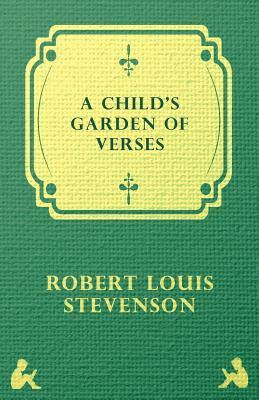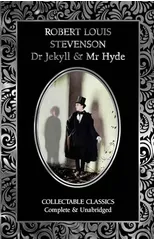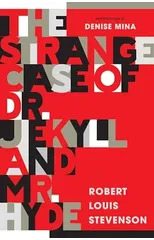This historic book may have numerous typos and missing text. Purchasers can download a free scanned copy of the original book (without typos) from the publisher. Not indexed. Not illustrated. 1902 Excerpt: ...earth. r' = radius of moon, or other body. P = moon's horizontal parallax = earth's angular semidiameter as seen from the moon. f = moon's angular semidiameter. Now = P (in circular measure), r'-r = r (in circular measure);.'. r: r':: P: P', or (radius of earth): (radios of moon):: (moon's parallax): (moon's semidiameter). Examples. 1. Taking the moon's horizontal parallax as 57', and its angular diameter as 32', find its radius in miles, assuming the earth's radius to be 4000 miles. Here moon's semidiameter = 16';.-. 4000::: 57': 16';.-. r = 400 16 = 1123 miles. 2. The sun's horizontal parallax being 8"8, and his angular diameter 32V find his diameter in miles. ' Am. 872,727 miles. 3. The synodic period of Venus being 584 days, find the angle gained in each minute of time on the earth round the sun as centre. Am. l"-54 per minute. 4. Find the angular velocity with which Venus crosses the sun's disc, assuming the distances of Venus and the earth from the sun are as 7 to 10, as given by Bode's Law. Since (fig. 50) S V: VA:: 7: 3. But Srhas a relative angular velocity round the sun of l"-54 per minute (see Example 3); therefore, the relative angular velocity of A V round A is greater than this in the ratio of 7: 3, which gives an approximate result of 3"-6 per minute, the true rate being about 4" per minute. Annual ParaUax. 95. We have already seen that no displacement of the observer due to a change of position on the earth's surface could apparently affect the direction of a fixed star. However, as the earth in its annual motion describes an orbit of about 92 million miles radius round the sun, the different positions in space from which an observer views the fixed stars from time to time throughout the year must be separated ...
Robert Louis Stevenson
Robert Louis Stevenson was a Scottish novelist, poet, and essayist, known for his adventurous and imaginative storytelling. His most notable works include "Treasure Island," "Strange Case of Dr Jekyll and Mr Hyde," and "Kidnapped." Stevenson's writing style is characterized by vivid descriptions, well-crafted plots, and a keen sense of suspense.
Stevenson made significant contributions to the genres of adventure fiction and Gothic literature, with his works exploring themes of duality, identity, and the human psyche. His most famous work, "Treasure Island," is a classic tale of pirates, treasure hunts, and moral ambiguity that has captivated readers of all ages for generations.
Overall, Robert Louis Stevenson's impact on literature is undeniable, as his works continue to be celebrated for their enduring appeal, timeless themes, and masterful storytelling.




